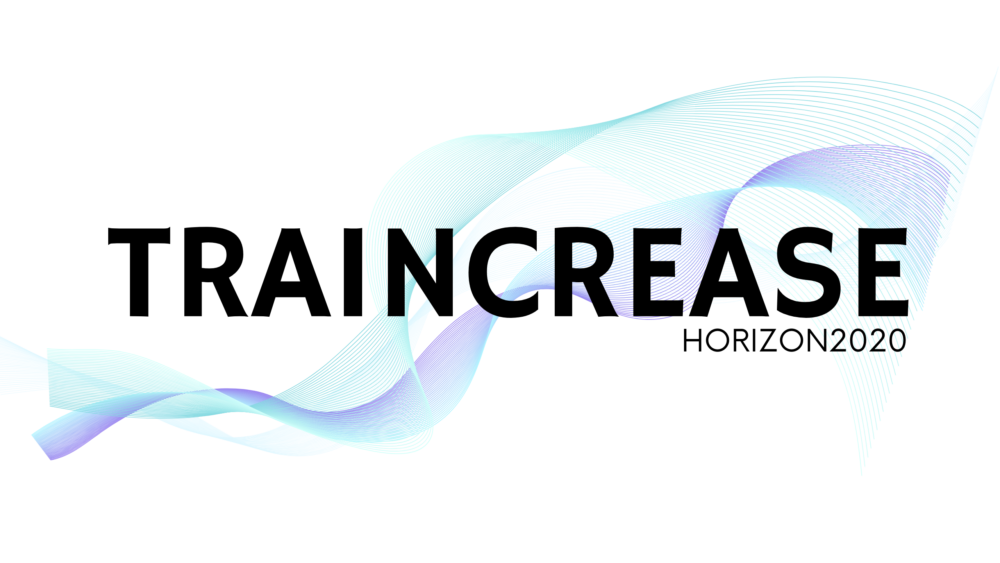Call #3 General (June 2022)
Call for Integrative Microtwinnings
Application Deadline: Oct 14 Nov 15
This new call focuses on the integrative perspective of research on abstraction and abstract concepts. Emphasis will be given to projects that connect methodological and theoretical approaches in a meaningful manner (see previous calls above). The call is open to approaches within the cognitive sciences, including experimental studies, (agent-based) simulations, model-based-approaches, but also other related disciplines, such as experimental semiotics, experimental psycholinguistics, microanalyses of interactions and computational methods. Applications are encouraged for the following main challenges of the Integrative Microtwinning call:
- The use of agent-based modelling to study the interactive evolution of abstract concepts
- Processes of abstraction in social interactive tasks and the role of group composition
- Explainable AI for human-robot interaction and communication
- How can spatial cognition aid in understanding abstraction?
- Integrating first and second-person experience in research on abstraction
- Abstract language for methods of explainable robotics and AI
- The relation between concrete vs abstract concepts and communicative function in prelinguistic interaction
- How can we use word embedding models and graph theory to inform distributional semantic theories of abstraction and abstractness?
- Defining kinds and abstraction, especially in terms of differences in social processes leading to them. (For example: what kind of abstraction is needed for generalization? for conceptualising relations? for formal systems?)
- Which models currently used as models for cognitive processes are suitable for accounting for the “double directionality” of abstraction? (Deacon’s talk)
- What can be gained from considering abstraction as a process rather than a feature of a concept?
- Developmental psychology and robotics methods and models of abstract word grounding
- A continuum of concrete-to-abstract concepts and their dependence on social interaction
- Trace the Vygotskyan process of language as a social tool. How is language used as a tool in interaction and how is it then internalized? See e.g. Ed Baggs (2016); Rączaszek-Leonardi et al., (2018).
We invite you to submit specific projects pertaining to the above themes, which have been proposed by the Traincrease partners following previous thematic workshops. However, you can also propose your own Microtwinning project in regard to abstraction or abstract concepts and words (in a team or individually). To get in touch with the Traincrease partners/researcher at the respective universities, please see the bottom of the page or contact the ESR’s Project Manager (Konrad Zieliński) prior to the submission. We can also suggest collaborators – or assign collaborators following the project being accepted. This call for microtwinning projects has been coordinated by the Aarhus University.
Applications form for proposed projects with collaborators:
https://docs.google.com/document/d/1-HVHIB1Vz_htWMxKmwSkh-h4OlS7HcVarropILJtMcM/edit?usp=sharing
The filled form should be sent to traincrease.h2020@psych.uw.edu.pl by 15.10.2022 15.11.2022
Individual submissions (to be assigned relevant collaborators))
If you are an Early Stage Researcher (i.e. Master or PhD Student) from the partnering institutions, you can also sign up individually describing your skills and scientific interests. We may be able to match you with a project. In this case please register here: https://forms.gle/m6BnjY2dvcGc5y3UA
However, we cannot guarantee that the places for every individual applicant will be available.
About TRAINCREASE
Find more information about the project on our webpage here: https://traincrease.uw.edu.pl/en/main/
And our social media pages here: Twitter page, Facebook page, Youtube content page.
